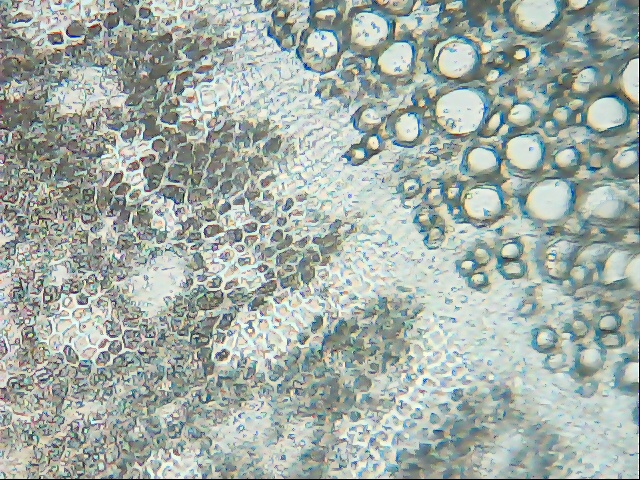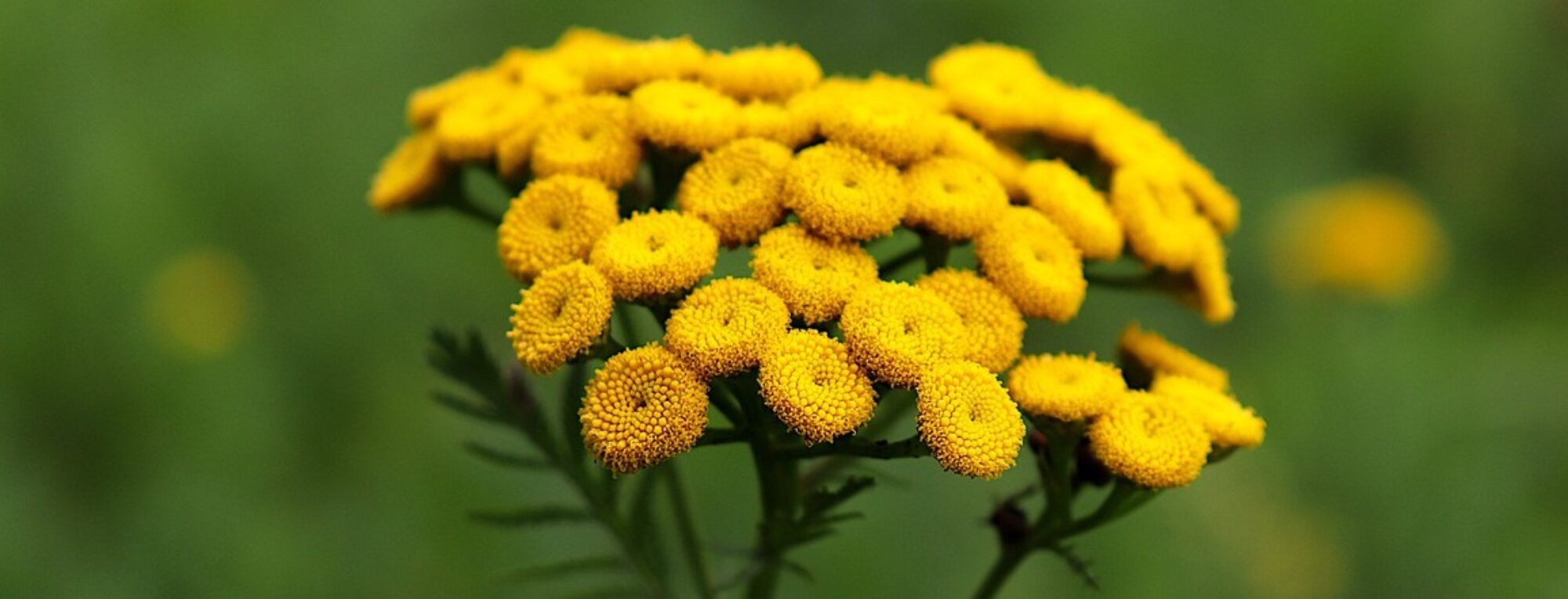
English name: Lovage
Family: Apiaceae
Botanical characteristic: Perennial aromatic herb reaching a height of 1 – 2 meters. The roots extend to a depth of 0,5 meters. In the first year of vegetation, it forms a basal rosette of leaves. The leaves are dark green, doubly to triply pinnate. Yellow flowers are arranged in compound umbels formed by 12 – 20 umbellets. The fruit is a yellow-brown diachene.
Microscopic drawing:


Distribution: It is originally from the southwestern region of Asia and the Mediterranean Sea. It occurs in foothills and mountain areas. It is grown in gardens.
Drug: Levistici radix, pre potravinárske účely sa využíva Levistici folium
Harvesting method: The best quality of lovage root is in the third year of the growing season. The root is hollowed out or dug up and cleaned of impurities. It can be cut lengthwise. The leaves are collected already in the first year of vegetation using gardening shears.
Drying: The roots of medicinal lovage are naturally dried. However, a more suitable method involves artificial drying in dryers at temperatures not exceeding 40 °C.
Active substances: Medicinal lovage is a typical umbelliferous medicinal plant, and its drug consists mainly of essential oil containing alkylphthalides such as butylphthalide and ligustilide, responsible for the characteristic aroma reminiscent of “Maggi seasoning.” The essential oil also contains additional aromatic compounds such as phellandrene, citronellal, and various terpenes. The drug is characterized by the presence of coumarins, including bergapten and psoralen. Additionally, it is worth noting the presence of bitterness and organic acids in the plant.
Uses: The root of medicinal lovage is traditionally used as a spice, but it also finds pharmaceutical applications. It exhibits strong diuretic properties, relieves smooth muscle spasms, and supports digestion. Due to these effects, it is indicated for urinary stones and urinary tract infections in the form of so-called flush therapy. This plant is also employed in addressing digestive issues.
Traditional method of use in indications determined solely on the basis of long-term use:
– increased diuresis in urinary tract diseases.
Selected herbal preparations: DELTA MILK THISTLE HERBAL PASTE with virgin sunflower oil, fennel, burdock and lovage 500 ml.
